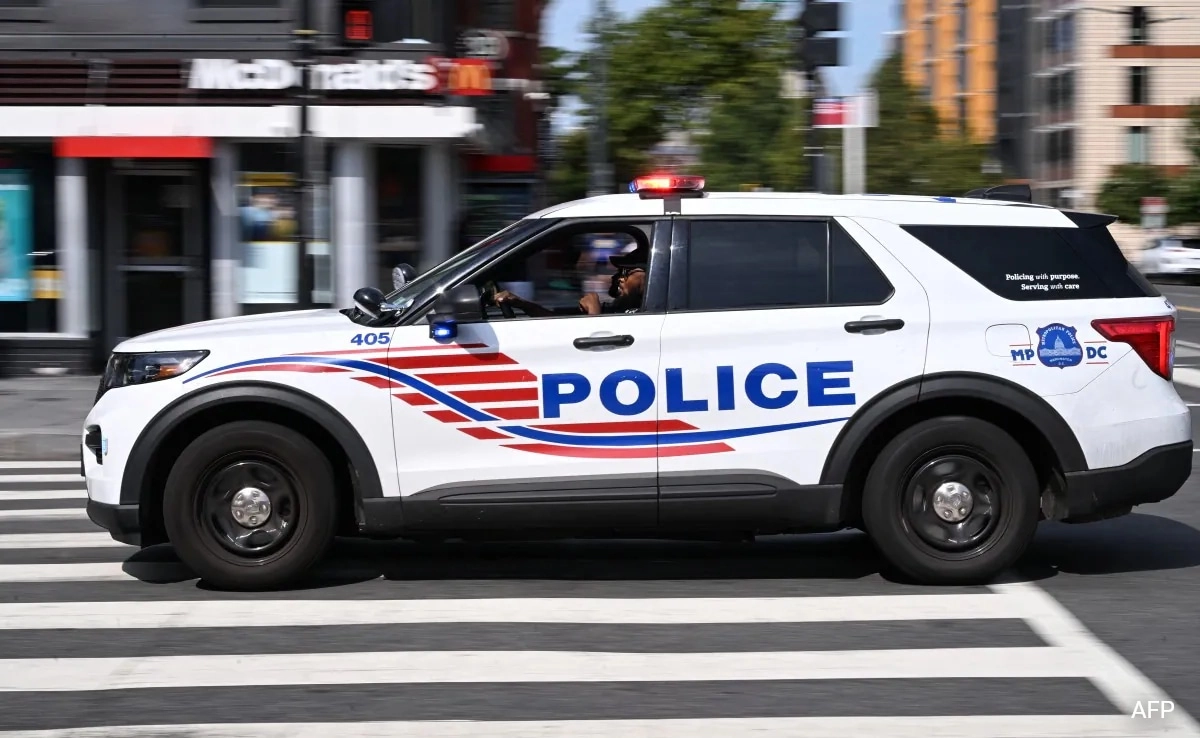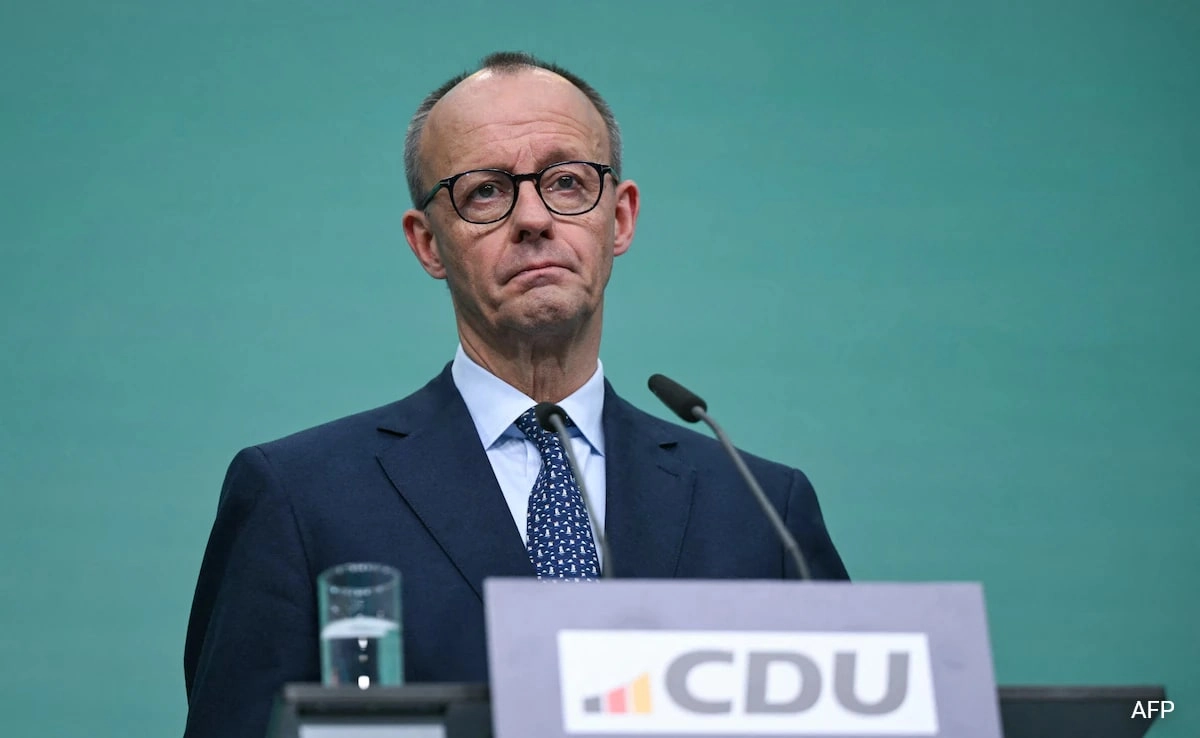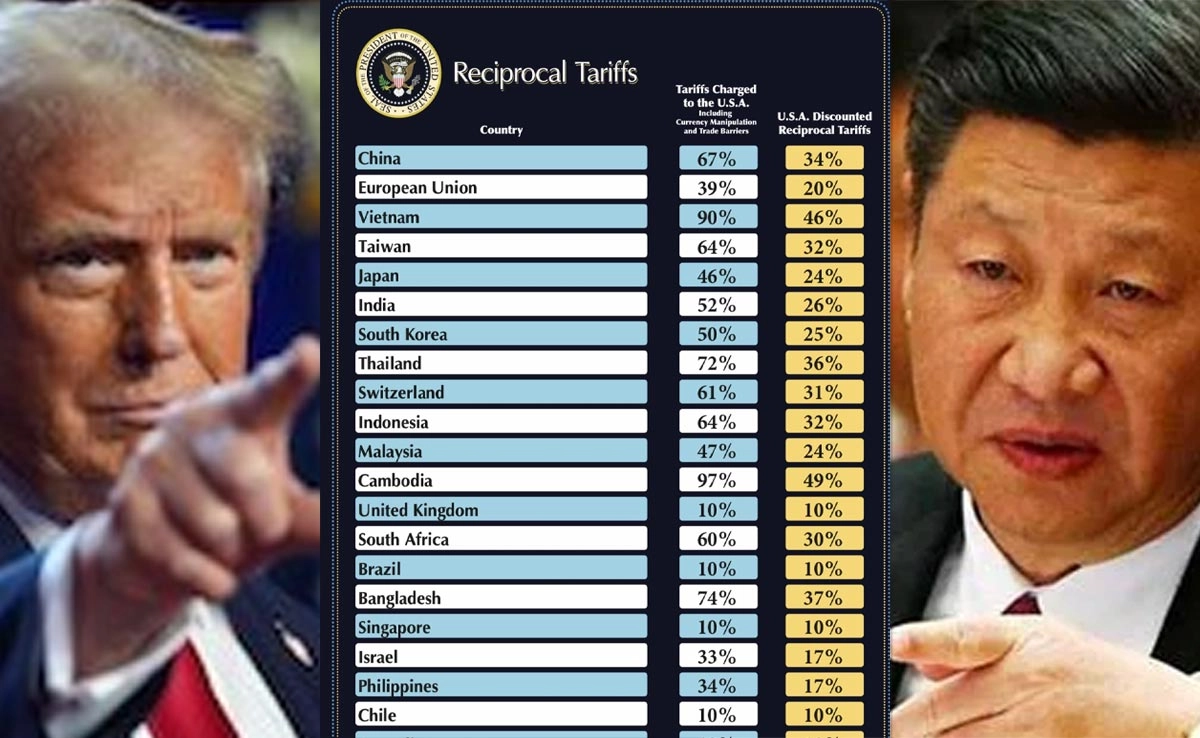The District of Columbia has initiated a legal battle by filing a lawsuit aimed at preventing former President Donald Trump from exerting federal control over its police department. This move comes in the wake of escalating tensions surrounding law enforcement practices in the capital, particularly in light of the events surrounding the January 6th Capitol riots. The lawsuit underscores the city’s commitment to maintaining local governance and autonomy over its law enforcement agencies, which has been a contentious issue as federal involvement in local policing often raises concerns about accountability and community relations.
The legal action taken by D.C. not only highlights the friction between local and federal authorities but also reflects broader national debates regarding police reform and the role of federal oversight in local law enforcement. Advocates for local control argue that city officials are better positioned to understand the unique needs and challenges of their communities, while federal oversight can sometimes lead to a one-size-fits-all approach that may not be effective. The lawsuit seeks to block any attempt by the federal government to impose its will on the D.C. police, emphasizing the need for local leaders to make decisions concerning public safety and community policing strategies.
As the lawsuit unfolds, it also raises questions about the implications of federal intervention in local law enforcement, particularly in a city that has historically experienced strained relations between its police force and the communities it serves. The outcome of this legal challenge could set important precedents for how local police departments operate in the context of federal oversight and intervention. Moreover, it serves as a reminder of the ongoing struggles for racial justice and police accountability that have been at the forefront of national discourse, especially in the wake of high-profile incidents of police violence and systemic racism.
In essence, D.C.’s lawsuit against Trump’s federal takeover represents a critical moment in the ongoing dialogue about policing in America. It emphasizes the importance of local governance and the need for a collaborative approach to policing that prioritizes community engagement and accountability. As this legal battle progresses, it will not only impact the future of D.C.’s police department but may also reverberate across the country, influencing how communities and law enforcement agencies interact in an era marked by calls for significant reform and change.




